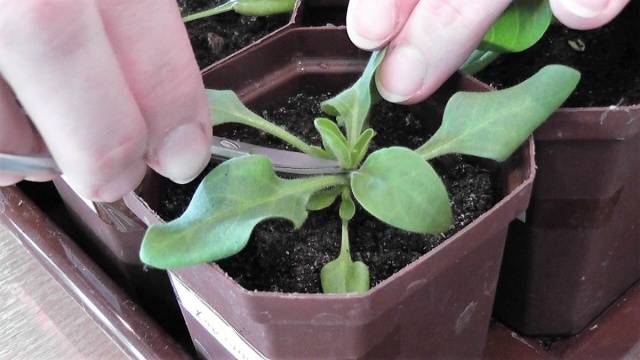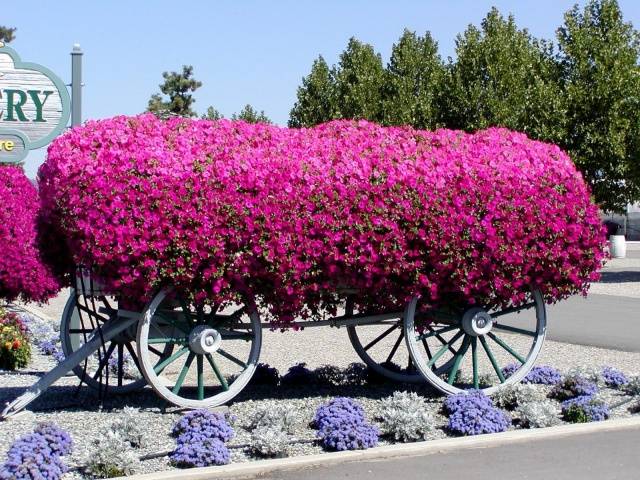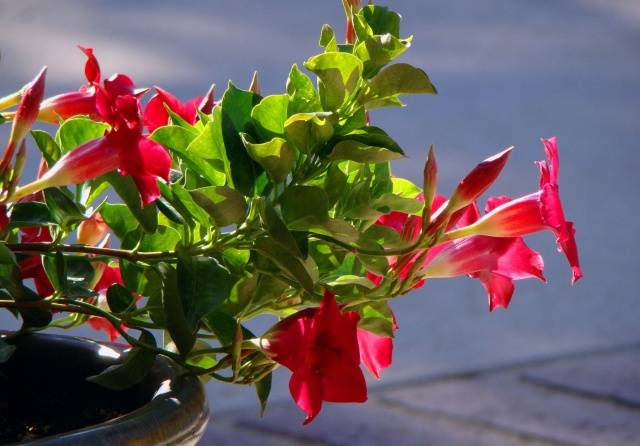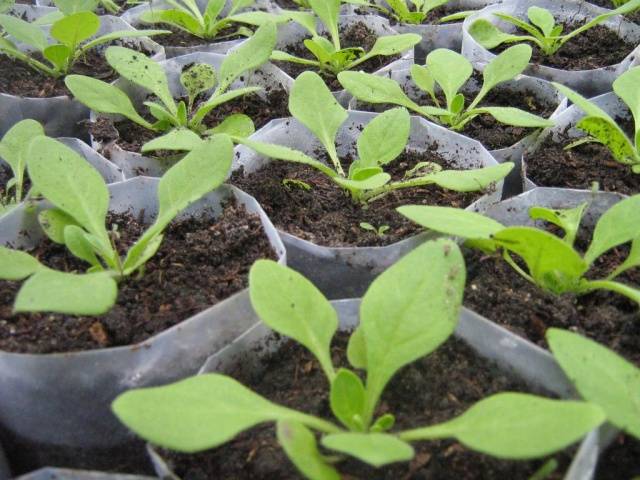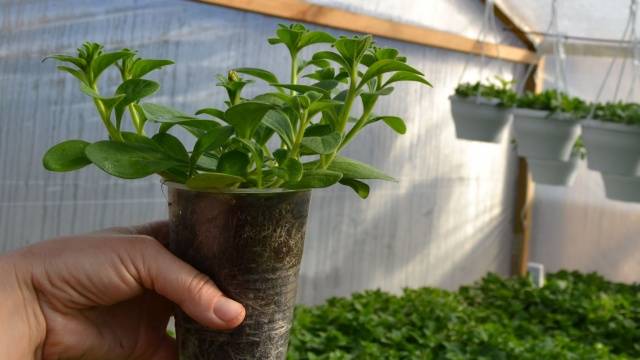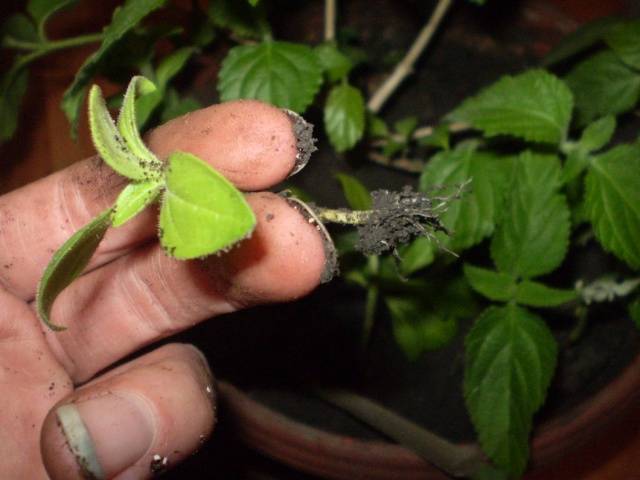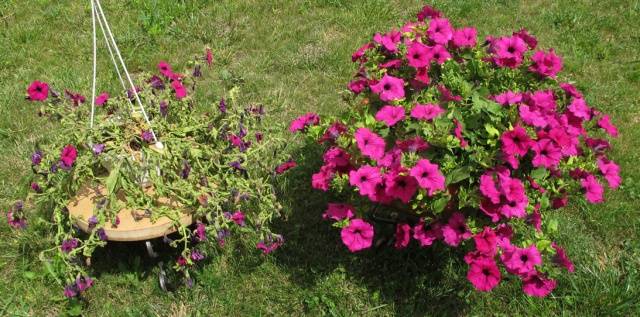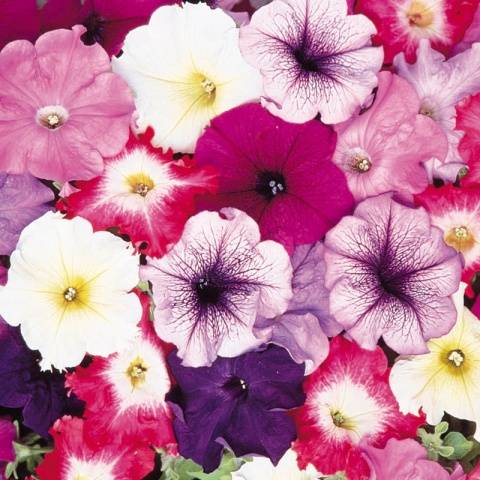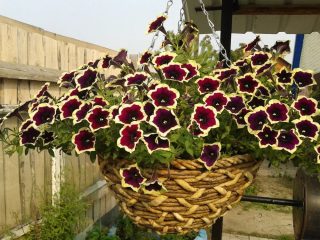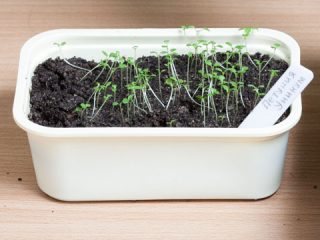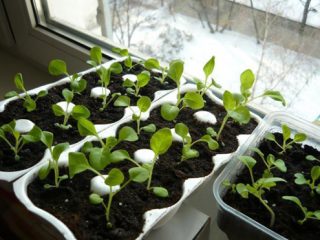Content
Multi-colored voluminous petunia bushes have already won the hearts of many experienced and novice florists and gardeners. Their flowering period is mid-spring and before the first frost. They are used to decorate summer cottages, flower beds, balconies, verandas, restaurants and cafes. This flowering plant is not whimsical. However, one of the most important agrotechnical issues deserves attention, since the development and abundance of petunia flowering depends on this. This article will show you how to pinch a petunia.
It will be about why you need to pinch the petunia. And also you will learn how this process is performed and what important points must be observed in order for the pinching of the petunia to be successful. Additionally, the question of how to simultaneously propagate petunia by cuttings will be considered. In addition, a thematic video will be provided to your attention.
What is the use of pinching
Petunia bloom begins 3 months after germination. The growth of the plant is directed upwards - towards warmth and light.
In view of this, pinching or shortening of the top of the main stem is used.
By cutting off the central stem, a new growth point begins to form, thus, the petunia grows to the sides. This helps to increase the number of branches, and accordingly, buds. Pinching a petunia helps to develop a more lush and beautiful bush. In addition, this exercise improves the quality of flowering.
However, new larger buds are later formed on the lateral shoots.
To make the petunia bush voluminous and beautiful, it must be pinched several times. Moreover, this must be done already at the seedling stage. You can start the first pinching after the first five true leaves appear.
It is better to do this after landing in open ground. However, if the plant has been indoors for a long time, due to the prolonged spring cold, then pinching should be carried out after the appearance of five mature leaves. Otherwise, the petunia will grow, and you will not be able to form compact bushes.
Pinching and pinching. What is the difference
Pinching is the removal of the growth point, which is carried out at the stage of growing seedlings. So, already at an early stage of development, a compact bush with lateral shoots is obtained, on which beautiful flower buds are formed.
Pinching is carried out with a sharp garden knife or nail scissors. Such an event must be carried out very carefully. Beginners in this business usually implement the formation of an adult plant by pinching.
Pinching, unlike pinching, is carried out on an adult plant. This technique allows you to propagate the variety using cuttings.
A month after the first pinching, the side shoots are shortened, which promotes their branching.All subsequent trimming is for decorative purposes and is optional.
Conditions for pinching
In order for the formation process to go smoothly, it is important to follow some formalities. So, you should prepare all the inventory in advance.
To carry out this manipulation, the gardener will need:
- Nail scissors for pinching.
- Garden knife or pruning shears.
- Firmed seedlings with five large leaves.
- Container for collecting cuttings.
We can conclude that pinching is just as important a process as sowing seeds and picking seedlings. Therefore, you should not be frivolous about this stage of petunia care.
Some rules
You have already learned a lot about how to pinch petunia correctly, however, we suggest that you familiarize yourself with some more rules that will help you succeed in growing this flowering plant.
- Overgrown seedlings are not suitable for pinching. Therefore, keep a close eye on the seedlings.
- The pinching process does not last long. The top must be cut off so that at least five leaves remain below.
- If the petunia is transplanted into open ground, then it is pinched about three days after the transplant. So, the petunia will have time to take root and pinching will not lead to its death.
- A sterile tool should be used to cut the shoots.
- The cut must be done in such a way as to minimize damage to the sprout.
- In order for the buds to be larger, petunias need to be additionally fed the plant with special fertilizers.
Associated reproduction of petunia
Neatly cut tops of petunia shoots can be used as cuttings for plant propagation. To do this, the cuttings are placed in water and when roots appear on them, this indicates that it is time to plant them in the ground. In this case, the lower part of the stem should be cleaned of leaves, leaving a few at the top. Planting cuttings is done quite tightly. In order for the sprouts to take root, they need to be watered and sprayed, as well as fed with fertilizers. Some gardeners use growth stimulants.
After the cuttings get stronger and grow, they also need to be pinched. Elite and expensive varieties are more capricious, they can suffer from temperature and moisture changes, as well as from the effects of wind and rain.
Conclusion
If you follow these rules for caring for petunia, you can grow beautiful bushes of this flowering plant, which will be no worse than in the photo given in this article. In addition, we suggest you watch a thematic video that will complement your knowledge base:
